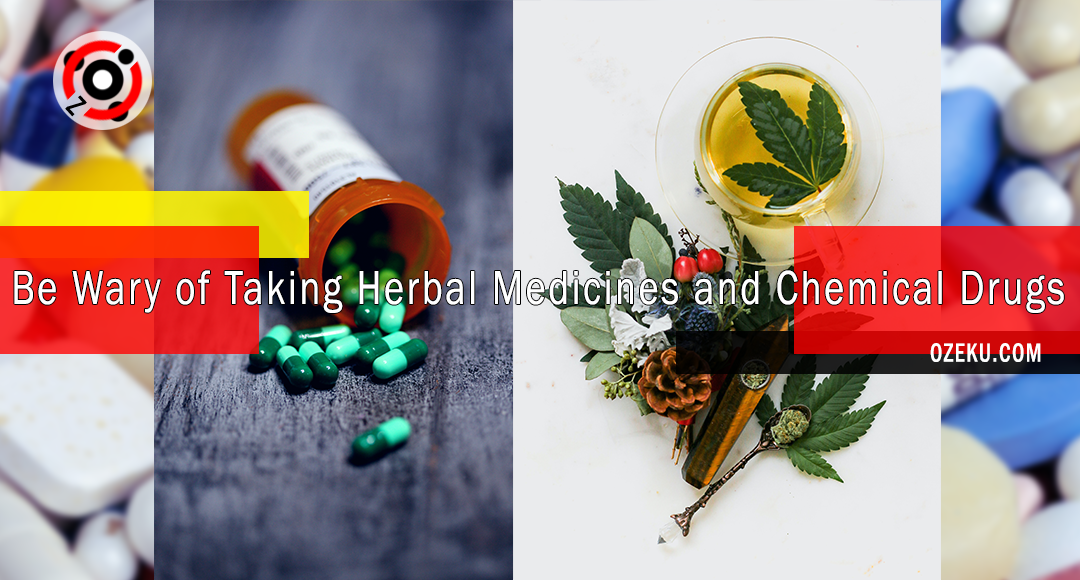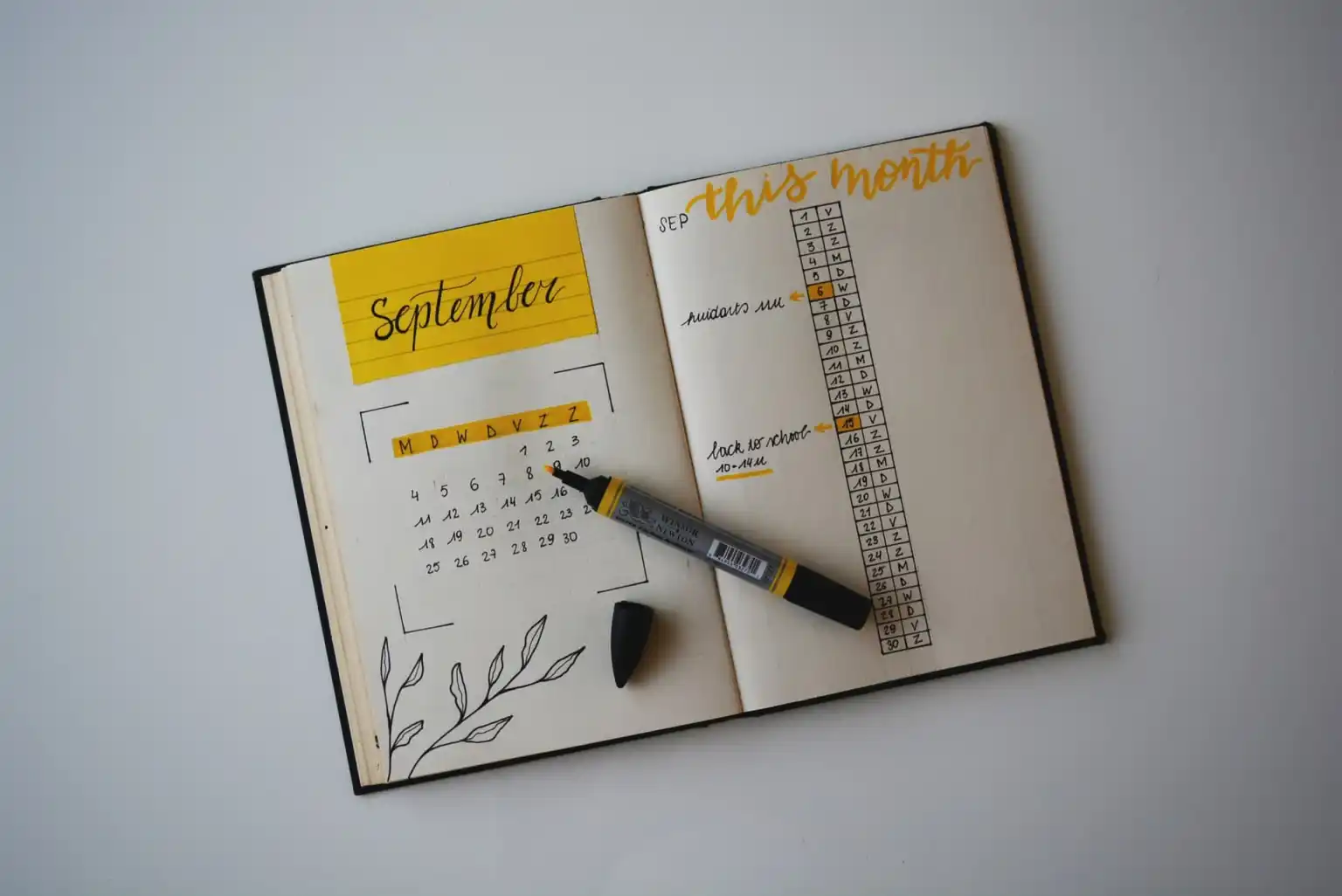Contents
Be Wary of Taking Herbal Medicines and Chemical Drugs Together
Ozeku Health – Consuming Herbal Medicines and Chemical Medicines at the same time really needs to be extra careful. The easiest way is to equip yourself with sufficient knowledge, so that the active compounds in the herbs and chemical drugs synergize, so that the treatment becomes more optimal.
According to the professor who is also a medical expert, the use of chemical drugs and herbal medicines depends on the ingredients of the drug. The use of chemical drugs is usually accompanied by a doctor’s advice and prescription. Simultaneous use with herbal medicines also of course requires the knowledge of the doctor.

Consuming herbs and chemical drugs together does need to be extra careful. The easiest way is to equip yourself with sufficient knowledge, so that the active compounds in the Herbal and chemical drugs synergize, so that the treatment becomes more optimal.
When Pharmaceutical and Herbal medicines with the same ingredients are used together, there is the potential for additional effects to occur which can be beneficial but can also be detrimental. Negative interactions can arise because there are several types of herbs that actually conflict with certain drugs.
Also read : 8 Easy Ways to Cleanse the Lungs from Excess Phlegm
Interactions Herbal medicine and chemical drugs
Herbs and chemical drugs actually have the same properties. However, it works in a different way. If chemical drugs work by reducing symptoms of illness, herbs (whether in the form of supplements, capsules, herbs, or decoctions) generally play a role in balancing the function of the body’s organs so that they can return to work properly.
Herbal and chemical drug interactions can occur, because herbs and chemical drugs contain active compounds that both affect the body. If these herbs and chemical drugs are consumed simultaneously, there are 3 interactions that may arise, namely the effect gets stronger, decreases, or even disappears altogether. It is quite difficult to determine which one is the best, because the desired effect is strongly influenced by the type of disease and the patient’s body condition. Beneficial interactions will also occur if the herbs consumed have the effect of reducing drug side effects.
How to be safe in drug combinations
If you are going to combine herbs with chemical drugs, it is better to first consult with an herbalist, sinse, or doctor who studies herbs. They are members of the Association of Indonesian Doctors for Traditional Eastern Health Development (PDPKT), as an organization under the Indonesian Doctors Association (IDI).
To be safe and effective, consumption time must also be considered. According to Dr Dalimartha (who serves as Chairman II of the PDPKT), it is best to have a minimum of two hours before or after taking the doctor’s medicine. “During that time, usually the process of digesting the drug has been completed so that unwanted interactions can be avoided, and the effectiveness of the herbs consumed is maintained.
Also read : 9 Best Tips for Keeping Your Body Energetic When Parenting
The following are combinations of herbal and chemical medicines that are suitable and not suitable for consumption:
Matched pair
1. General Medicine
If used in the long term, chemical drugs have the potential to interfere with liver function. To avoid this, consume temulawak or milk thistle (Sylibum marianum). These two herbs are scientifically proven not to interact with chemical drugs, but help regenerate liver cells.
2. Virus killer drug
There are several types of herbs that boost the immune system and increase the efficacy of antiviral drugs. For example, echinacea (Echinacea angustifolia, E. Purpurea, E. Pallida), and meniran (Phyllanthus niruri). Even so, do not consume echinacea and meniran together, because it can interfere with the immune system.
3. Allergy medicine
To relieve allergy symptoms quickly, we can take antihistamines. An herb that can be combined is garlic, which can be used in cooking in increased quantities.
Incompatible Couples
1. General Medicine
Herbs containing tannins can reduce the body’s absorption of drugs containing codeine, ephedrine, and theophylline. Avoid consuming guava leaves, teas, and herbs that taste astringent.
2. Blood Thinning Drugs
If taking drugs such as aspirin and warfarin, avoid garlic, ginger, ginseng, gotu kola (Centella asiatica), and pineapple. In addition, be aware of the content and shen (Salvia miltiorrhiza) and dang qui (Angelica sinensis) which are often found in Chinese herbs. These herbs promote blood circulation, so if taken with aspirin or warfarin, they can cause organ bleeding.
3. Heart Medicine
Herbs that can affect the action of heart medications include laxatives such as ginseng, senna fruit (Senna folium), licorice (Glycrrhiza glabra), and ma huang (Ephedrae herbs). These herbs can disrupt the rhythm of the heart rate.




